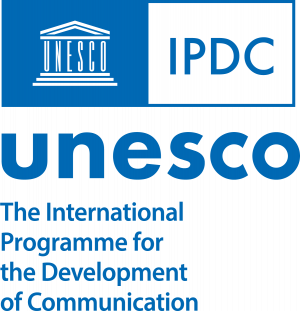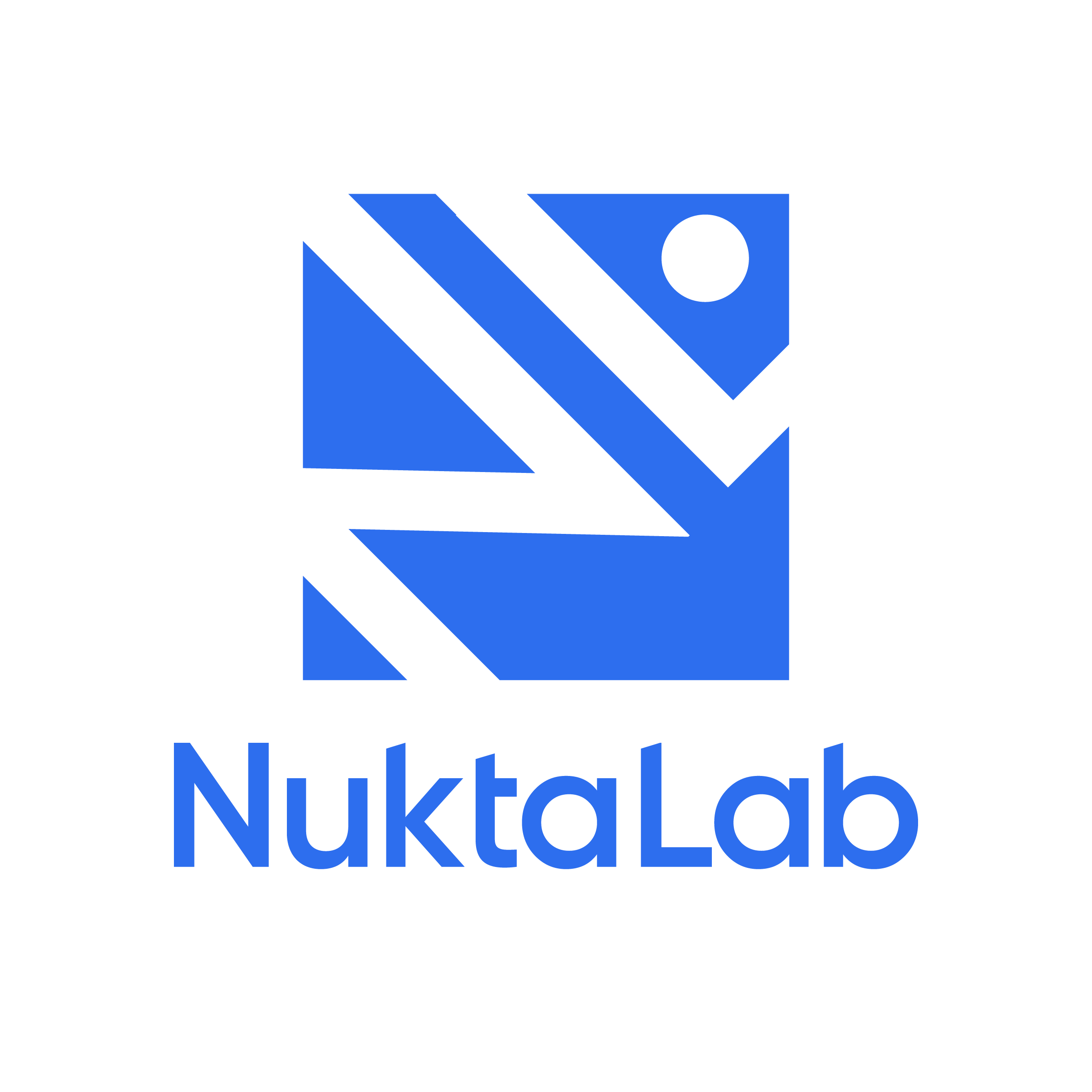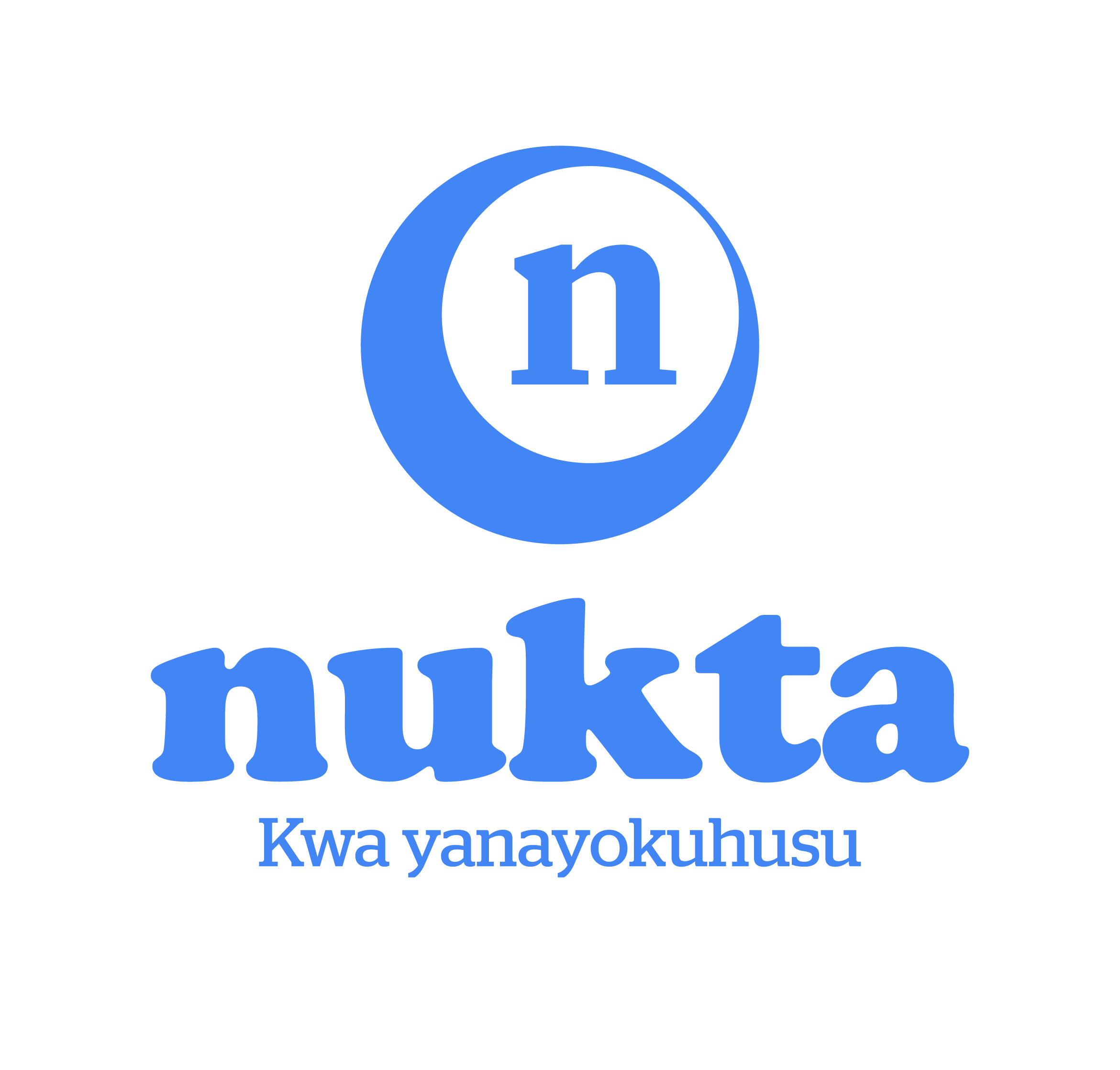In the age of social media and instant information, misinformation spreads like wildfire. From politically charged claims to health hoaxes, untruths can have real-world consequences. One critical weapon in the fight against misinformation is fact-checking – but does it actually work?
The answer, as with most things in the complex world of information, is nuanced. Research provides evidence of success: studies show that fact-checking can improve factual knowledge and reduce belief in misinformation, sometimes with lasting effects. However, its effectiveness depends on several factors.
People with strong pre-existing beliefs or those entrenched in echo chambers might be less receptive to fact-checks. Source credibility plays a key role: corrections from trusted organizations tend to have greater impact. Furthermore, the presentation of the fact-check itself is important: clear, concise, and accessible language increases the likelihood of engagement.
However, challenges remain. Confirmation bias, the tendency to favor information that confirms existing beliefs, can make individuals resistant to contradicting facts. The sheer speed and reach of misinformation often outpace corrections, making it difficult to catch up.
Additionally, political polarization can weaponize fact-checking, turning it into a tool for reinforcing existing divides rather than bridging them.
So, does fact-checking work? The answer is yes. While it has limitations, it remains a valuable tool. But just like any tool, its effectiveness depends on how it's used.
Here are some key considerations for the future of fact-checking:
- Equipping individuals with the skills to critically evaluate information is crucial, regardless of exposure to specific fact-checks.
- Tackling issues like filter bubbles and algorithmic bias can help prevent the spread of false information in the first place.
- Using storytelling, data visualizations, and interactive elements can make fact-checking more engaging and accessible.
- Fact-checkers can collaborate with journalists, researchers, and social media platforms to share knowledge and resources, maximizing their impact.
Fact-checking is not a one-size-fits-all solution, but rather a crucial piece in a larger puzzle. By acknowledging its limitations while exploring innovative approaches and fostering collaboration, we can harness the power of fact-checking to navigate the ever-evolving information landscape and promote a more informed and truthful society.




